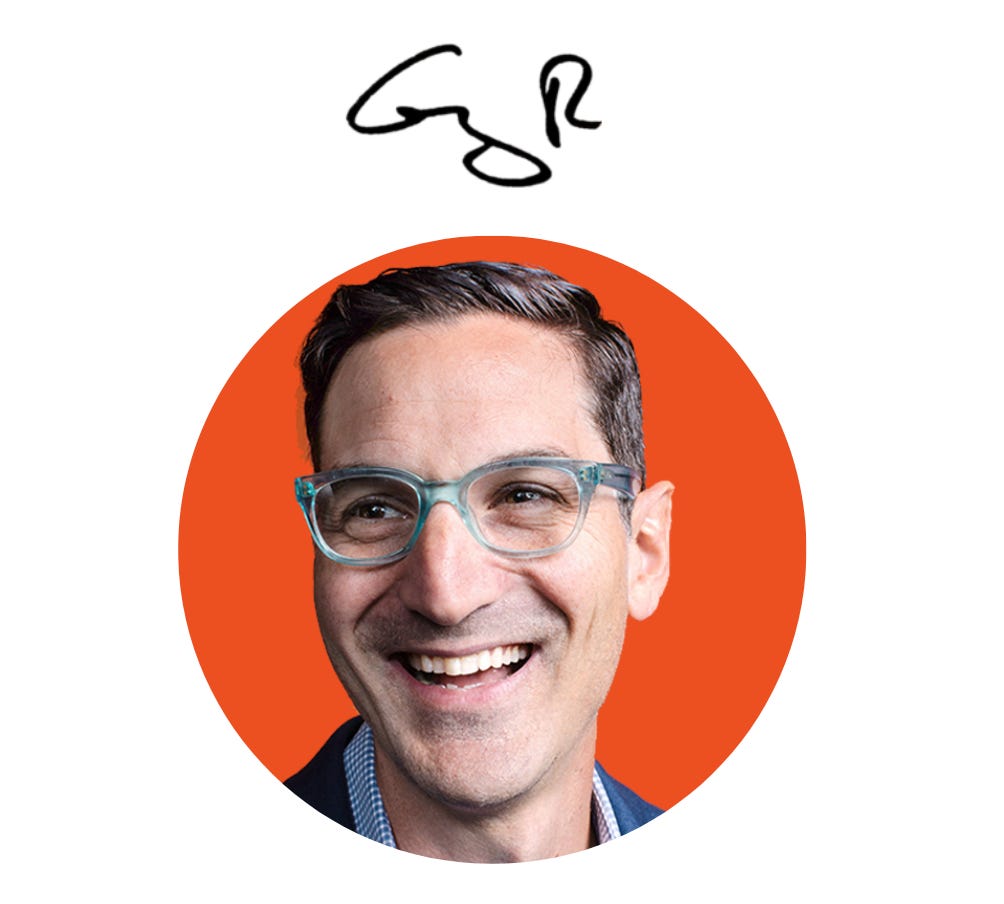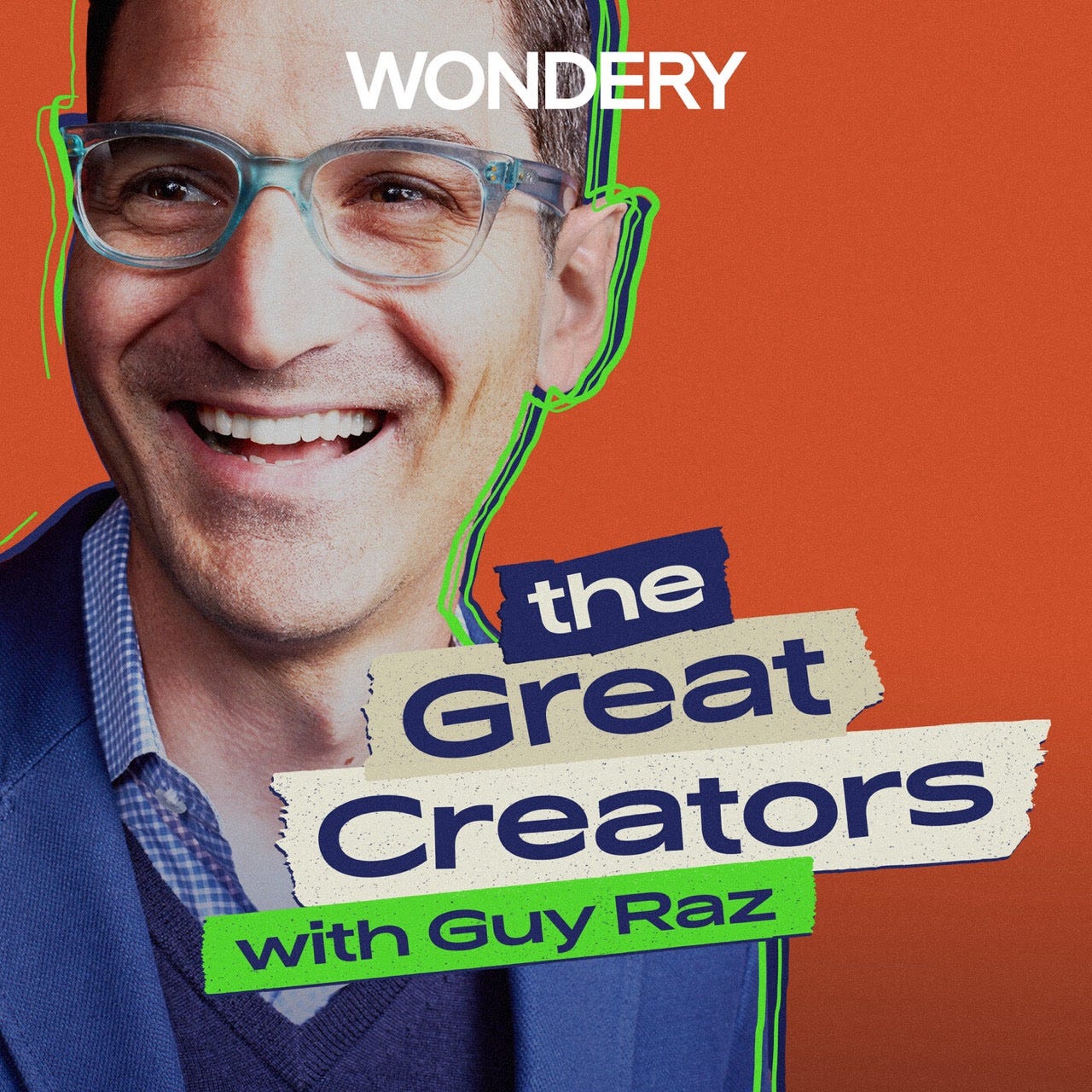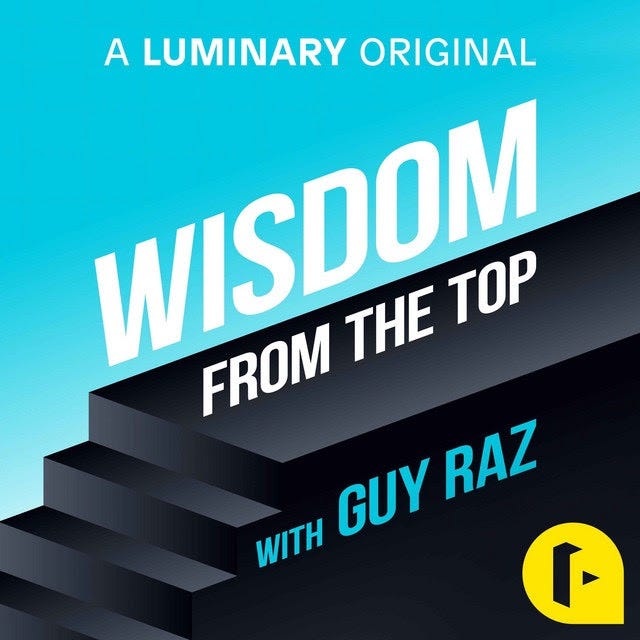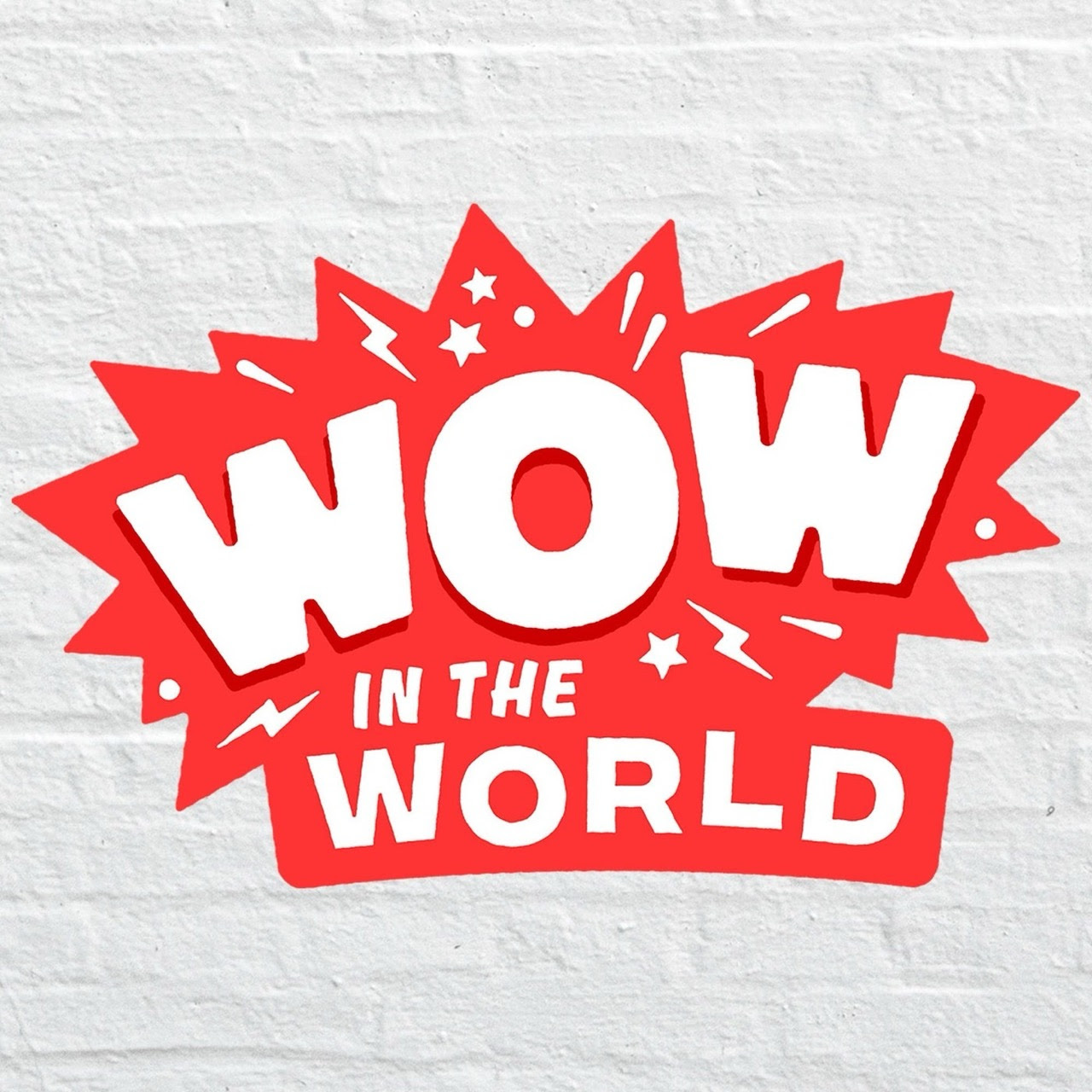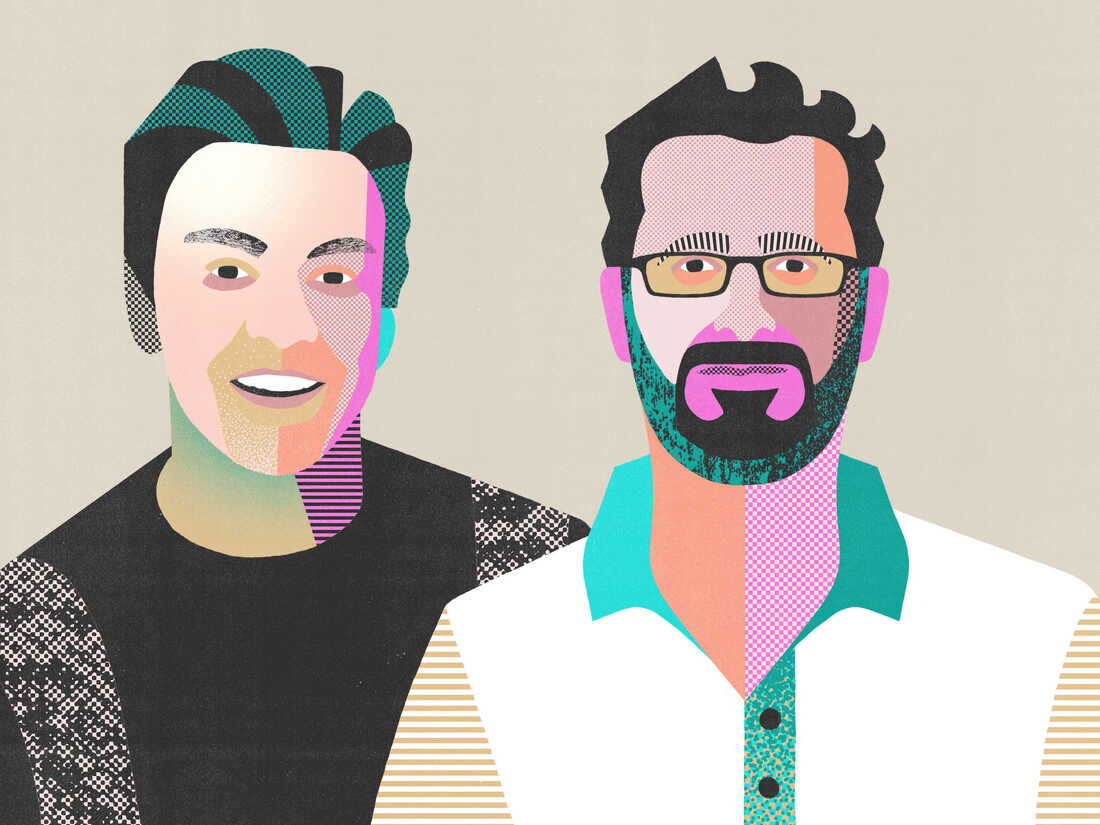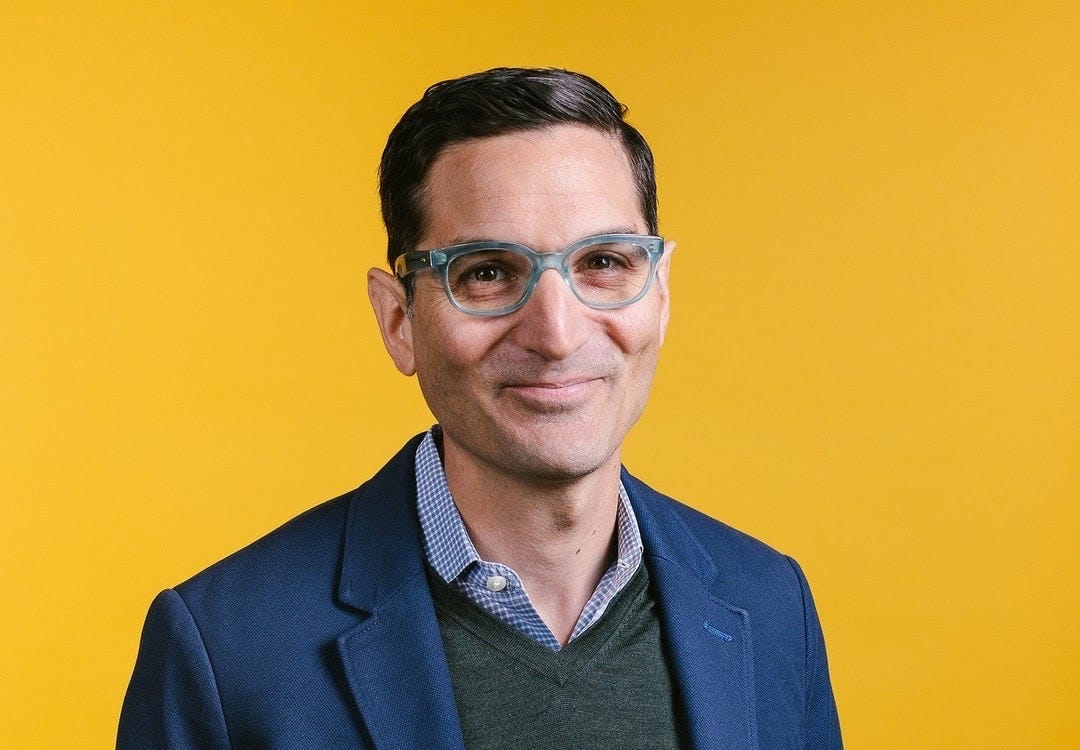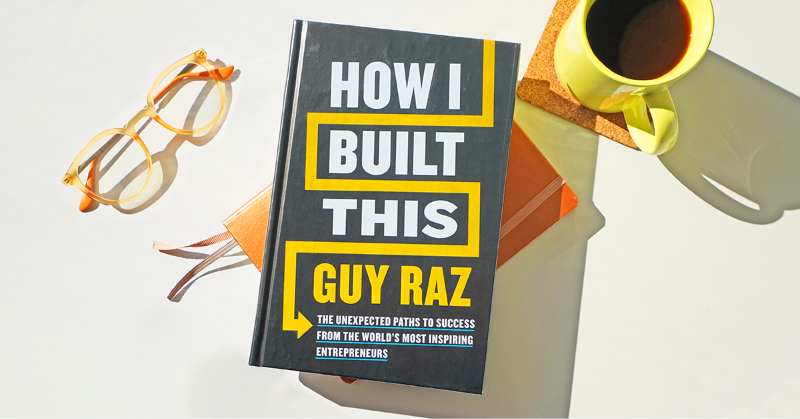Here’s a tough pill to swallow: your initial business idea is highly likely to fall flat on its face.
It’s not because you’re untalented. It’s not because your idea is bad.
It’s because no amount of planning, researching, or daydreaming can replace the real-world feedback that comes from actually launching.
Just ask Max Levchin.
Before PayPal became a household name, Max was developing cryptographic security software for Palm Pilots—yes, those ancient handheld devices.
When he introduced it to the world? Crickets. The market just wasn’t interested.
But here’s the key: instead of stubbornly sticking to a failing idea, Max and his team paid attention to one small feature that was getting traction—sending money digitally. They pivoted, doubling down on what people actually wanted, and that’s how PayPal was born.
This is the story behind so many successful businesses: they start as imperfect first versions and then evolve as founders gather real data, listen to customers, and keep iterating.
Reid Hoffman, the founder of LinkedIn, famously said, “If you’re not embarrassed by the first version of your product, you launched too late.”
And it’s true: your Version 1.0 is never your final version.
Here’s the hard part: as entrepreneurs, we often want it perfect from the get-go.
A flawless product, an impeccable website, a runaway success right out of the gate. But real success usually happens when you jump in, see what works (and what doesn’t), and refine from there.
So whether you’re on Version 1, Version 2, or Version 10 of your venture, remember: the most important thing is to keep building, keep testing, and keep pivoting. The version that truly takes off could be just around the corner.
Have a fantastic week, and don’t be afraid to launch something that’s a little rough around the edges.
That’s where the real magic happens.
– Guy
On the Podcasts This Week!
PayPal: Reinventing the Way We Pay
Before PayPal changed online payments forever, it started as something completely different—and almost didn’t survive.
In the late ’90s, Max Levchin and Peter Thiel were experimenting with security software for Palm Pilots when they stumbled on a much bigger opportunity: digital payments.
Their pivot worked—until they ran into a new challenge: convincing the world to trust money transfers online.
But PayPal’s real magic wasn’t just in the product—it was in the people. The company became a launchpad for some of the biggest names in tech, including Elon Musk, Reid Hoffman, and Peter Thiel.
And despite internal shake-ups and unexpected turns, PayPal went from a scrappy startup to one of the most influential companies of its time.
Tune in to hear how Max helped build a business that redefined online payments—and what happened next.
HIBT Advice Line: Say Yes to Growth
This week on the Advice Line, I’m joined by Alberto Perlman, co-founder of Zumba. Alberto helped turn a single dance class into a global brand, and today, he’s sharing why strategic partnerships—and saying yes—can open the biggest doors.
First up, Stefanie: Should I crowdfund or find a strategic partner?
Stefanie Miller created Barreletics, a non-slip workout skin designed for barre, Pilates, and yoga. She’s invested over $1 million into the business but is weighing her next move—crowdfunding or finding a growth partner. We think she should explore partnerships with top barre studios before giving up equity.
Next, Jack: How can I expand my audience without losing my niche?
Jack Shrub founded Drink Wholesome, a protein powder brand for sensitive stomachs. With strong growth in his first 4 years, he’s wondering how to grow beyond his niche. We suggest leaning in before expanding—PR, partnerships, and strategic certifications can help him scale without losing his core customer.
Finally, Peter: How do I decide which opportunities to chase?
Peter Arlein runs Mountain Flow, a plant-based ski wax brand now expanding into bike lubes and beyond. With retailers worldwide, he’s fielding tons of opportunities but isn’t sure which to prioritize. Our advice? Focus on big opportunities instead of chasing small orders.
Alberto reminds us that tough moments are temporary. If you have strong product-market fit, persistence is key—and the right partnerships can take you further than you ever imagined.
If you would like to be featured on an upcoming episode, call and leave a 1-minute message at 1-800-433-1298 or send a voice memo to hibt@id.wondery.com
Carly Rae Jepsen on the Truth About Overnight Success
At the start of 2012, Carly Rae Jepsen was waitressing in Vancouver, playing tiny gigs, and hustling to get her demo CDs into the right hands. By the end of that year, Call Me Maybe had taken over the world—topping charts and making her an international pop sensation.
But while the world saw an overnight success, Carly knew better.
Behind that one breakout hit were years of grinding, rejection, and relentless persistence—street performances, cold-calling bands, and even auditioning for Canadian Idol just to get her foot in the door.
And once she had that moment in the spotlight, she faced an even bigger question: What kind of artist did she actually want to be?
In this episode, Carly opens up about the pressure of sudden fame, how she resisted being boxed into one sound, and why she sees songwriting as her true superpower.
If you’ve ever wondered what it really takes to build a lasting creative career, this is one you won’t want to miss!
Watch it on YouTube:
Jason Fried: Building Big by Staying Small
Jason Fried has spent his career challenging the hustle-at-all-costs mindset.
As the CEO and co-founder of 37signals, Jason built a thriving business by breaking the rules of traditional work culture. No unnecessary meetings. No late-night grinding. No rigid office hours. In fact, in the summer, his team works just 36 hours a week.
This radical approach has helped Basecamp succeed while staying intentionally small and profitable—proof that you don’t have to scale at breakneck speed to build something lasting.
Science Podcasts for Kids!
The Drive-Thru Dolphin Spa?!
Mindy is at it again… this time, she’s lassoing a drive-thru car wash! But what in the WOW does this have to do with dolphins?!
In this week’s Wow in the World, me and Mindy dive into a slippery, slimy secret—coral mucus! Turns out, dolphins have been spotted rubbing up against certain types of coral, and scientists think they might be using it like a natural skin treatment.
Could coral be the ultimate dolphin spa? And how does this underwater self-care routine help keep their skin happy and healthy?
The Case of the Missing Birthday Surprise!
This week on WeWow, we’re solving a mystery! Gramma G-Force’s birthday surprise has vanished, and Mindy and Guy Raz are on the case.
But who took it? Where did it go? And what unexpected clues will they uncover along the way?As the mystery unfolds, we’ll be playing some of the most suspenseful episodes of Who, When, Wow! all week long!
From the Archives!
Zumba: Beto Perez & Alberto Perlman
Zumba started with a happy accident.
One day in the 1990s, aerobics instructor Beto Perez showed up to class with the wrong music. Instead of structured workout tracks, he had a mixtape of Latin dance songs. With no choice but to improvise, he led his students through a high-energy routine that felt more like a party than a workout.
They loved it.
That impromptu class sparked an idea—why not turn fitness into something people actually wanted to do? Teaming up with entrepreneur Alberto Perlman, Beto built Zumba into a global movement.
What started as a local class evolved into a billion-dollar fitness empire, with Zumba now taught in over 100s of countries around the world!
Affirm: Max Levchin
After co-founding PayPal and watching it sell to eBay in 2002, Max Levchin could have stepped away from the grind for good. But… that’s not how Max operates.
Instead of enjoying an early retirement, Max struggled with a sense of purpose. He jumped into new ventures, but nothing quite clicked—until he rediscovered his passion for tackling complex financial challenges.
That passion led him to build Affirm, a “buy now, pay later” service designed to rethink traditional credit.
Today, Affirm is a billion-dollar company changing how consumers finance purchases, proving once again that Max thrives when solving “hard, valuable, fun” problems.
See you next time!
What do you want more or less of?
Just send a tweet to @guyraz or a message on IG to @guy.raz or LinkedIn and put #GuyRazNewsletter at the end so I can find it.




